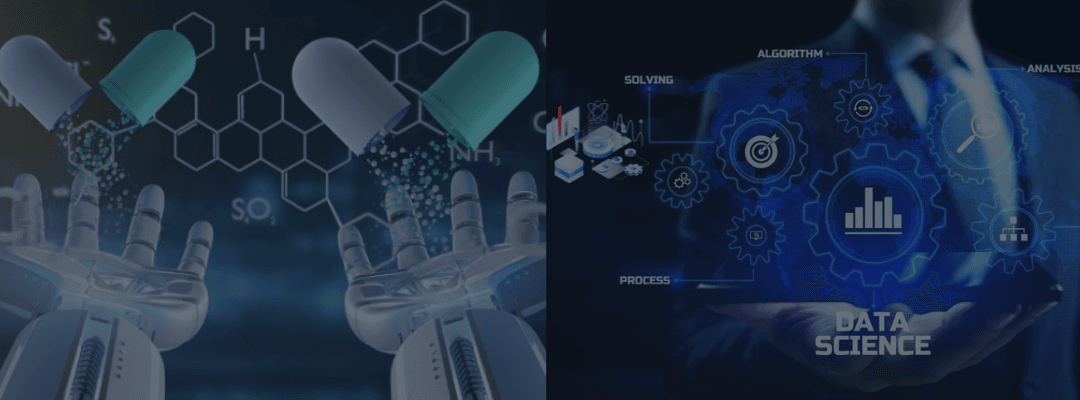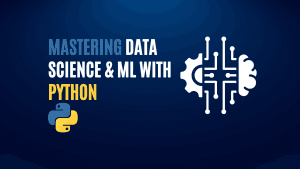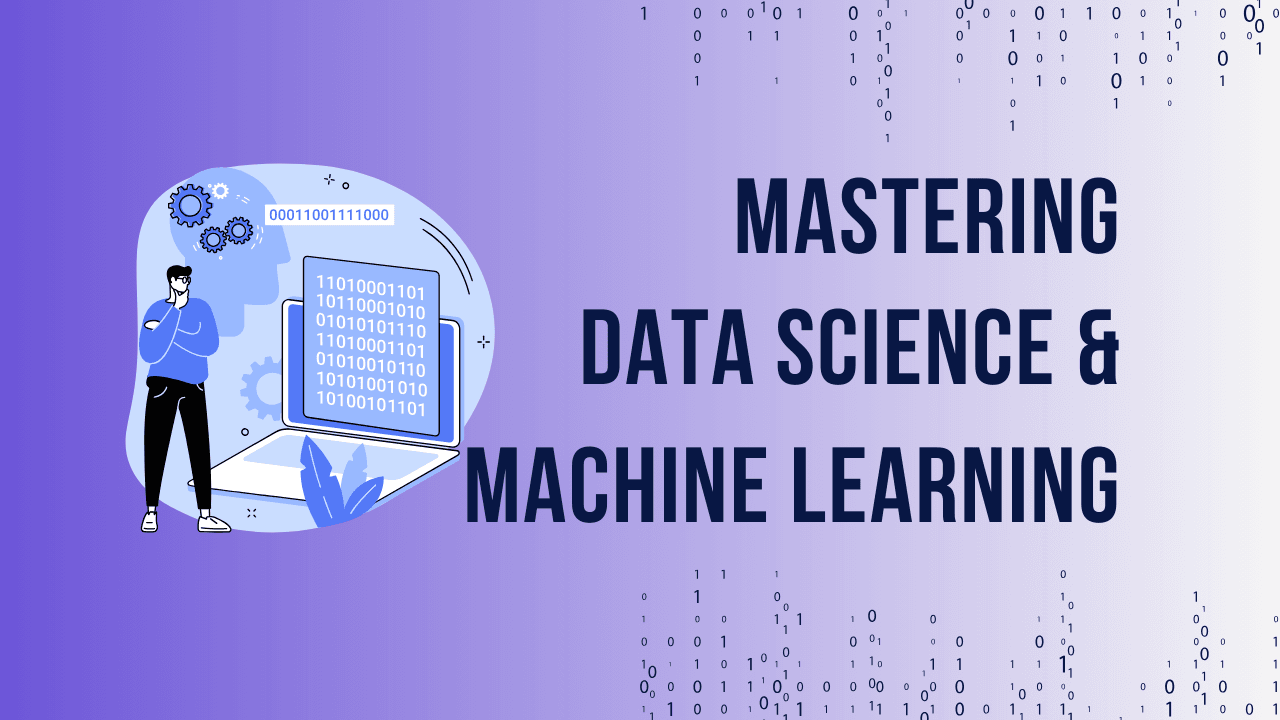Ready to take you Data Science and Machine Learning skills to the next level? Check out our comprehensive Mastering Data Science and ML with Python course.
Introduction to the Skills Gap in India’s Workforce
India, like many other nations, is facing a growing skills gap as industries rapidly evolve. The mismatch between academic training and the skills required by modern employers leaves many students unprepared for the workforce. As the demand for advanced technologies increases, particularly in fields like data science, this gap becomes even more pronounced. Understanding the root causes of this gap is essential for preparing students for future jobs.
The Growing Importance of Data Science in the Global Market
Data science has emerged as a crucial component of many industries, from finance to healthcare. The ability to analyze and interpret large datasets has transformed how businesses make decisions. For Indian students, mastering data science skills could be the key to staying competitive in the global job market. With the right training, they can fill the gap and meet the needs of rapidly expanding industries
Understanding the Current Education Landscape in India
While India has made strides in improving access to education, there are still significant gaps in aligning academic curricula with industry needs. The traditional education system, heavily focused on theory, does not always equip students with practical, job-ready skills. This is particularly true in fields like data science, where hands-on experience and knowledge of industry tools are essential.
Gaps in Curriculum vs. Industry Needs
Most current curricula lag behind the pace of technological advancement. Employers seek professionals proficient in data analysis, machine learning, and AI—skills that are often underrepresented in Indian educational programs.
Traditional Learning Methods and Their Limitations
The conventional lecture-based approach, while foundational, fails to engage students in problem-solving or critical thinking, skills essential for the data-driven roles of the future. Integrating data science into learning requires a shift towards project-based, hands-on experiences that simulate real-world challenges.
How Data Science Can Address the Skills Gap
Data science is more than just a technical field; it can be used as a powerful tool to predict future workforce needs and tailor educational paths accordingly. By analyzing job market trends and identifying in-demand skills, educational institutions can adapt their programs in real-time, helping students stay ahead.
Predicting Industry Trends with Data Analytics
The use of data analytics can help predict which sectors are likely to grow and which skills will be in demand. This allows educational institutions to align their programs with future industry needs, ensuring students are ready for the jobs of tomorrow.
Developing Personalized Learning Paths with AI
Artificial intelligence can create customized learning experiences based on a student’s strengths and weaknesses. Personalized learning paths not only improve retention but also ensure that each student is mastering the skills needed for their chosen career.
Empowering Students with Job-Ready Data Science Skills
To truly prepare students for the future, educational institutions must focus on imparting practical data science skills. Offering certifications, short-term courses, and real-world projects can make students more employable.
Data Science Courses and Certifications in India
Several institutions now offer specialized data science courses and certifications that provide students with practical experience. These certifications focus on key areas such as Python, machine learning, and statistical analysis, which are highly sought after by employers.
Internships and Industry Collaborations
Partnerships between academia and industry can provide students with hands-on experience through internships and collaborative projects. This exposure is critical in helping students apply theoretical knowledge to real-world problems.
Data-Driven Strategies to Enhance Student Engagement
Engagement is key to ensuring that students remain motivated and retain what they learn. Data can be used to track student progress, identify areas of struggle, and tailor interventions to individual needs.
Ready to take you Data Science and Machine Learning skills to the next level? Check out our comprehensive Mastering Data Science and ML with Python course.
Transforming Education with Big Data at the National Level
National-level programs that use data science to analyze educational outcomes and refine curricula are gaining momentum. Such initiatives help in identifying gaps in the current system and ensuring that changes are data-driven.
Private Sector Initiatives Bridging the Gap
Many private companies have stepped up to bridge the gap between academia and industry. Companies are offering specialized courses, mentorship programs, and collaborations with educational institutions to prepare students for data-driven roles.
Adopting Lifelong Learning Models
Educational institutions must encourage students to adopt lifelong learning models, where upskilling and reskilling are continuous processes throughout their careers.
Reskilling and Upskilling Initiatives for Professionals
The Indian workforce, including those currently employed, must also be given opportunities to reskill and upskill through short courses and certifications in data science.
Table of Contents
ToggleFAQs
1. What is the skills gap in India’s workforce?
The skills gap refers to the mismatch between the skills taught in academic institutions and the skills required by modern employers. It is particularly prominent in industries like data science, where the demand for specific technical skills outpaces the supply of qualified candidates.
2. Why is data science important for India’s workforce?
Data science is crucial because it is a rapidly growing field with applications in various industries, including finance, healthcare, and technology. Mastery of data science skills can help Indian students remain competitive in the global job market.
3. How can data science address the skills gap?
Data science can predict future workforce needs and help tailor educational programs to meet those needs. It can also personalize learning experiences and ensure students are equipped with job-ready skills.
4. What challenges do Indian institutions face in implementing data science education?
Challenges include a lack of infrastructure, particularly in rural areas, and a shortage of qualified faculty members with expertise in data science.
5. What role does the government play in promoting data science education in India?
The Indian government has introduced several policies and initiatives, such as the Digital India program and the National Education Policy (NEP) 2020, to promote data science education. Additionally, scholarships and financial aid are available for deserving students.
Ready to take you Data Science and Machine Learning skills to the next level? Check out our comprehensive Mastering Data Science and ML with Python course.



